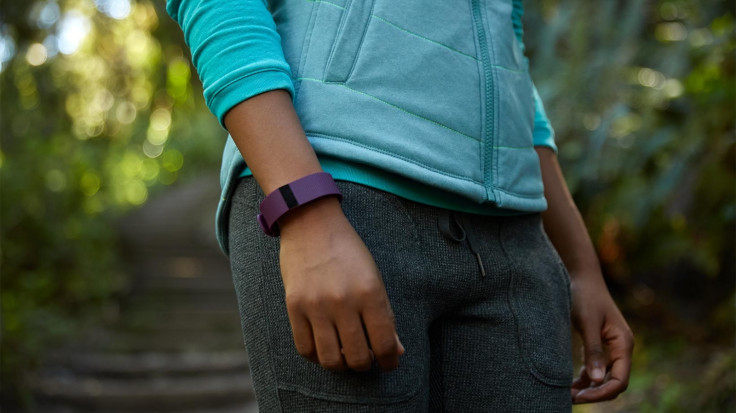UK school bans Fitbits over calorie-counting, step-watching eating disorder fears
A girls' school is banning Fitbits and smartwatches after pupils skipped lunch due to tracking data.

An all-girls school in the UK has decided to ban fitness trackers after seeing a rising trend in pupils counting calories in lessons and skipping meals if they don't feel that they have walked enough steps.
Stroud High School in Stroud, Gloucestershire has introduced a new policy banning all Fitbits and smartwatches when the new school year starts in September.
Teachers are concerned about students' mental health and are also looking to drastically reduce the amount of time students spend on their smartphones. The ban on Fitbits, smartwatches and mobile phones will apply to years 7-9 for the whole school day.
Students in years 10 and 11 will be allowed to use their smartphones at lunch time, and sixth form pupils will be permitted to use their mobile phones as they wish, but not during lessons.
The school found in a survey earlier this year that about 71% of all students check or respond to social media constantly, and to that end, held a "social media detox week" whereby students and staff switched off their smartphones to raise funds for the Teens in Crisis charity.
"There have been many reports about how excessive use of social media can have a negative impact on mental health, particularly for girls, and the situation is getting worse. It can have a real impact on self-esteem with people comparing themselves to others," Stroud High School's deputy head teacher Cindi Pride told local newspaper GloucestershireLive on Wednesday 11 July.
"We are also banning Fitbits and smartwatches. These monitor the number of calories burned and we found that some girls would monitor the number of steps they had taken and the number of calories they had used. If they didn't feel they had taken enough steps in the morning they wouldn't eat lunch."
However, Stroud High School's head teacher Mark McShane has told the BBC that Fitbits had not been banned purely because of observations about students skipping lunch.
"We have spent a lot of time this year looking at the impact of mobile technology on the welfare of young people. Too many pieces of research and studies are now demonstrating a link between the decline in wellbeing of teenagers as a result of mobile phone use and social media," he said.
"We want our older students to feel in control of their digital lives, and for this reason we want to limit their use in school."
© Copyright IBTimes 2025. All rights reserved.






















